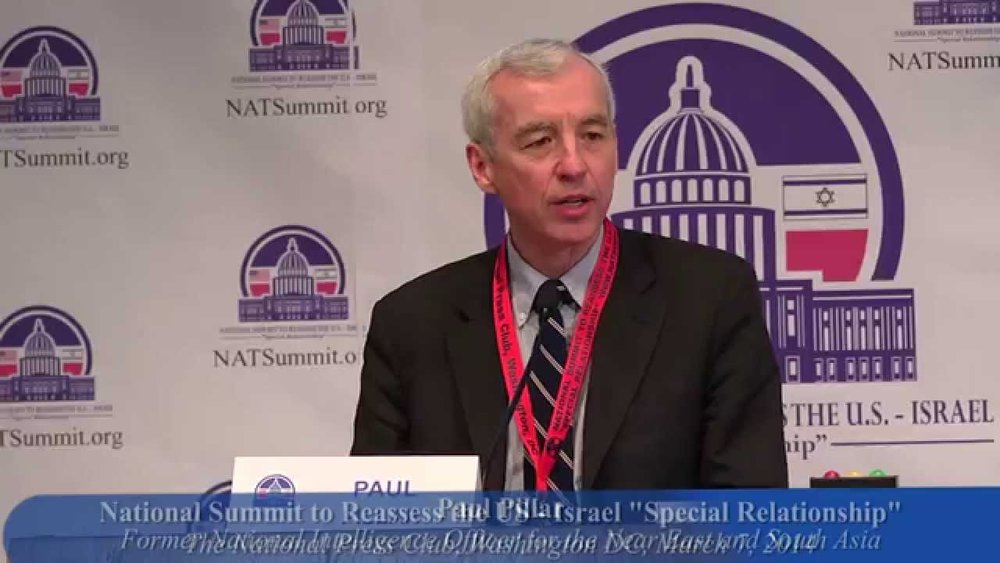Syria closest to Hobbesian struggle of all against all: professor

TEHRAN – Professor Paul Pillar, a non-resident senior fellow at Georgetown University’s Center for Security Studies, believes that “a struggle for survival in a chaotic and dangerous environment, as Thomas Hobbes described, characterizes much of the Middle East.” Pillar, who served in the CIA from 1977 to 2005, tells the Tehran Times that Syria today is “probably the situation that comes closest to a classic Hobbesian struggle of all against all”. Following is the text of the interview with Pillar:
Q: Has the prevailing situation in the Middle East during the recent years been of Hobbesian, Kantian, or Lockean?
A: A struggle for survival in a chaotic and dangerous environment, as Thomas Hobbes described, characterizes much of the Middle East as we know it today. Of course, there is no sovereign to take command of the situation as a way out of the disorder, as Hobbes envisioned. But that is true of international politics generally. Instability in the Middle East today partly reflects a Hobbesian situation within individual countries. Syria today is probably the situation that comes closest to a classic Hobbesian struggle of all against all.
Q: Do you consider the collapse of the hegemonic stability of international structure as the reason behind the ongoing developments in the Middle East?
A: Developments in the larger international system have had some significant effects on the Middle East. The end of the Cold War and of what had long been considered a bipolar international system is probably the most significant such development. But the exact effects that the end of the Cold War has had on the region are complicated. Some of the Cold War dynamics, with the United States and the USSR competing for influence in the region, may have had destabilizing effects, with more influx of armaments into the region than might otherwise have been the case, and with some abrupt changes of regime in the form of coups that took place because there was an alternative superpower patron the new rulers could turn to for support. But conversely, one might ask whether there would have been something like the U.S.-led invasion of Iraq if there had still been a Cold War standoff with the USSR. The most important drivers of Middle Eastern developments, however, have not been these larger international developments but rather are to be found in the societies and political cultures of the Middle East itself.
Q: President Hollande has called for a greater role for France in Syria. Does this mean that the EU seeks a stronger voice in international affairs?
A: Many within the EU have long talked about a united Europe having and deserving a stronger voice in wider international affairs. President Hollande has been one of the current leaders who has said a lot along this line, although his interests have to do as much specifically with France as with Europe as a whole. The EU has had plenty of challenges within its own sphere in recent years to claim the attention of its leaders, especially economic problems within the Euro zone. The current crisis over refugees may become a vehicle for internal European concerns to be linked, in the minds of politicians and the public, with policy toward the Middle East. It probably is understood that the economic and social challenges of a large flow of refugees will continue as long as a high amount of destabilizing warfare in the Middle East continues, and this could be an incentive for the EU to play a stronger role in the region.
Leave a Comment